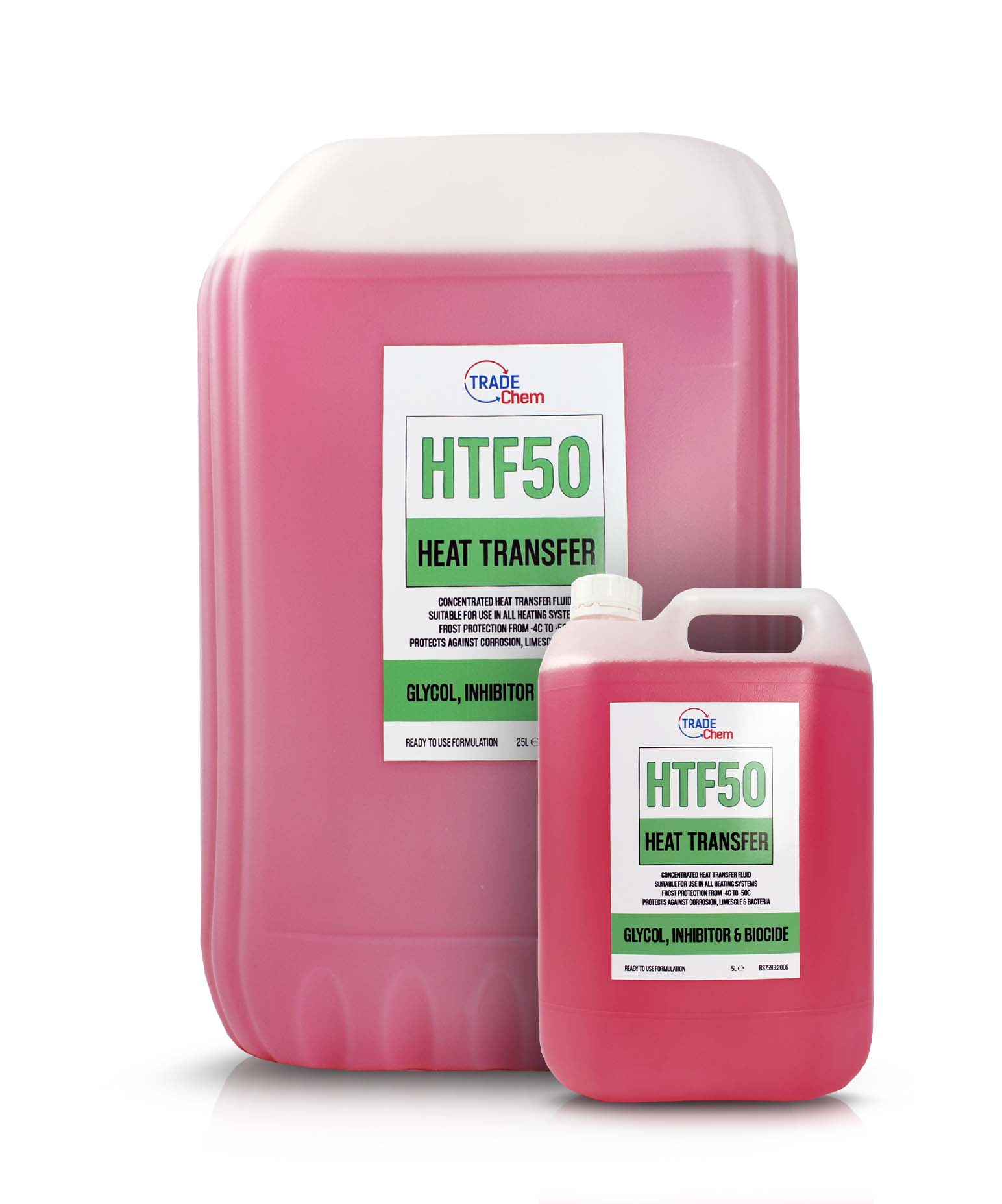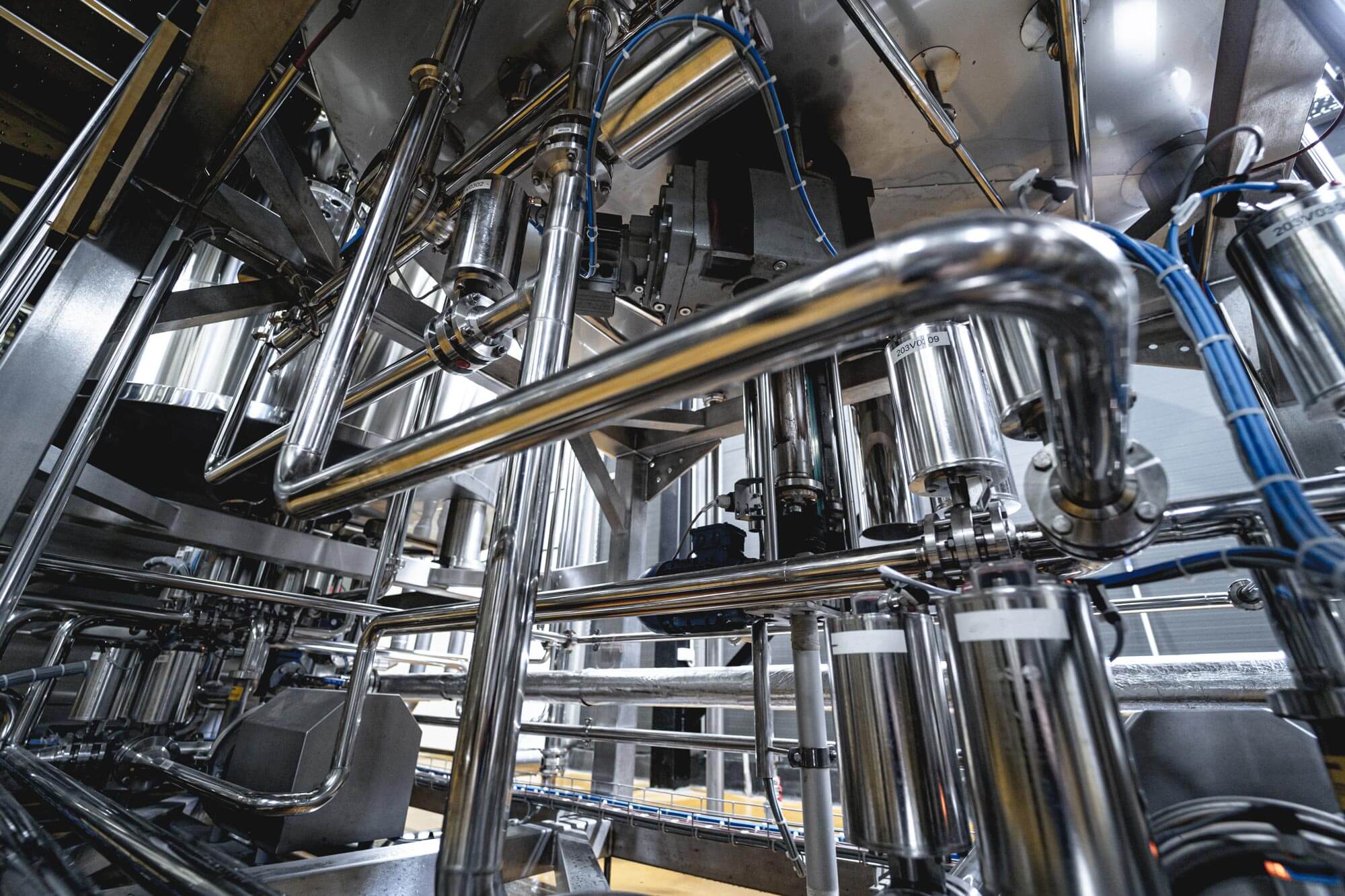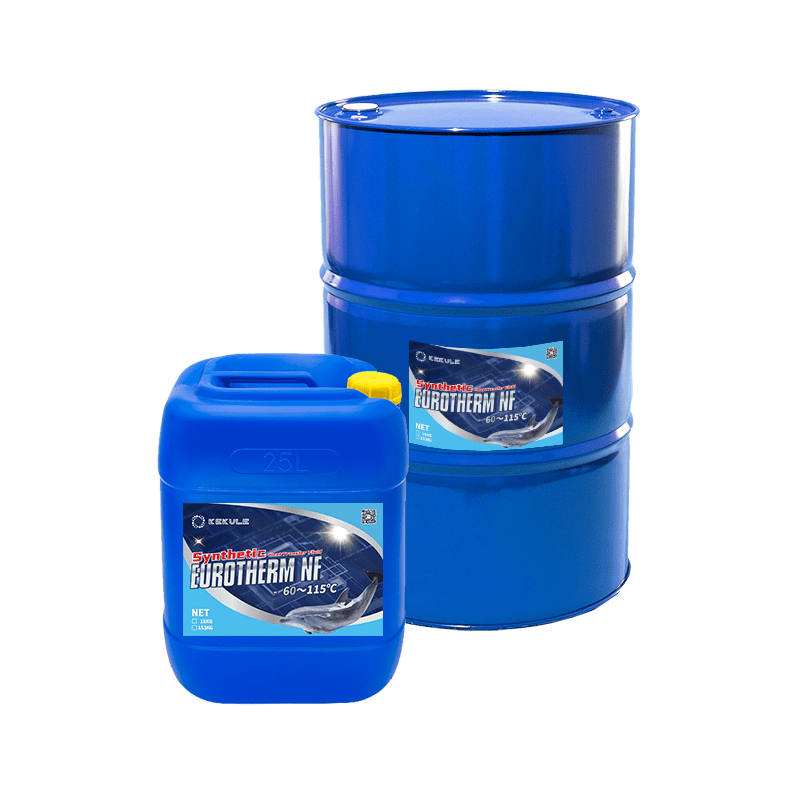Leading Factors To Consider for Picking the Right Heat Transfer Fluid for Your Demands
Leading Factors To Consider for Picking the Right Heat Transfer Fluid for Your Demands
Blog Article
Why Warm Transfer Fluid Is Very Important for Optimizing Power Transfer in Systems
The duty of heat transfer fluids in enhancing energy transfer is critical for attaining reliable thermal monitoring throughout different commercial sectors. These fluids help with smooth warm exchange, ensuring processes run within optimum temperature level arrays and reducing the danger of getting too hot.

Duty in Thermal Monitoring
Heat transfer liquids play an essential duty in thermal management by effectively controling temperature levels in various industrial procedures and systems. These specialized liquids assist in the transfer of warm between different parts, guaranteeing ideal operating problems and avoiding overheating. By keeping exact temperature level control, warmth transfer fluids enable industries such as chemical production, oil and gas, and power generation to operate safely and successfully.
The choice of a suitable warmth transfer fluid depends on numerous aspects, including thermal security, warm capacity, and thickness. High thermal stability ensures that the liquid can endure extreme temperature levels without deteriorating, while a high heat ability enables it to absorb and launch substantial quantities of heat - heat transfer fluid. Reduced viscosity reduces the power required for pumping, adding to general system efficiency
In addition, warm transfer fluids are indispensable in applications like refrigeration, where they aid take in and dissipate heat throughout the cooling cycle. In solar thermal power systems, these fluids capture and transport solar warmth to produce electrical energy or give warm water. Their flexibility to diverse operating conditions and ability to maintain constant thermal performance emphasize their value in industrial thermal monitoring, promoting operational continuity and improving security measures.

Enhancing System Effectiveness
To make best use of the advantages of thermal administration, enhancing system performance with the critical usage of warm transfer fluids is paramount. These liquids play an important duty in enhancing energy transfer by assisting in constant thermal policy, which in turn impacts the overall efficiency and durability of systems. Efficient warmth transfer causes reduced energy losses, minimized functional costs, and improved dependability of devices. By maintaining optimum temperature level levels, warm transfer liquids help make sure that systems run within their created parameters, therefore protecting against overheating and reducing the risk of element failing.

Kinds Of Heat Transfer Liquids
The diversity of heat transfer fluids emphasizes their crucial function in a variety of commercial applications, each tailored to fulfill certain thermal monitoring needs. These liquids promote effective energy transfer More Info and are selected based on vital properties such as thermal stability, thickness, and heat ability. The primary kinds consist of water, glycol remedies, oils, and synthetics, each offering distinct advantages.
Water is the most typical warmth transfer medium as a result of its high specific heat ability and low cost. Nevertheless, its use is restricted by its freezing and boiling factors. Glycol blends, usually utilized in HVAC systems, provide a reduced cold factor, including convenience in different climates. Mineral oils are favored for their thermal security and non-corrosive nature, making them appropriate for high-temperature applications.

These liquids make sure premium efficiency in systems where typical liquids might stop working. The choice of a weblink warm transfer liquid is important, as it affects system performance, safety and security, and long life.
Environmental and Economic Conveniences
Using the right heat transfer liquids uses substantial environmental and financial advantages for commercial operations. Environmentally pleasant warmth transfer liquids, commonly naturally degradable and non-toxic, minimize the threat of dirt and water contamination in the event of leakages or spills, consequently shielding environments and abiding with stringent ecological policies.
Economically, the best warm transfer fluid can significantly minimize functional prices. Effective heat transfer minimizes energy expenditure, resulting in reduced energy bills and enhanced earnings. Fluids with extended lifecycle performance check my blog lower the regularity of replacements and maintenance, minimizing downtime and connected prices. Purchasing high-grade fluids can additionally alleviate the danger of devices deterioration and failing, avoiding pricey repair work and expanding the life-span of vital framework. In competitive markets, these cost savings and performances give a distinctive advantage, allowing companies to designate sources extra efficiently and buy additional advancement. On the whole, the critical usage of optimum warmth transfer liquids sustains sustainable economic growth and environmental stewardship.
Selecting the Right Fluid
Just how does one browse the intricate process of picking the ideal warmth transfer fluid for commercial applications? Thermal stability makes certain the fluid can withstand high temperature levels without breaking down, while compatibility avoids deterioration or various other harmful reactions with system elements.
Additionally, the liquid's heat ability and viscosity are paramount. A high heat capability allows the liquid to take in and move even more energy, improving efficiency.
Verdict
The strategic selection and application of warm transfer liquids are essential to optimizing power transfer across different systems. By ensuring high thermal stability and ability, these fluids offer exact temperature control and boost general system efficiency. This optimization adds to minimized operational prices and reduced greenhouse gas emissions, hence promoting sustainability. The option of fluid, customized to particular thickness and operational demands, is crucial for optimizing performance and attaining economic and ecological benefits in commercial procedures.
Report this page